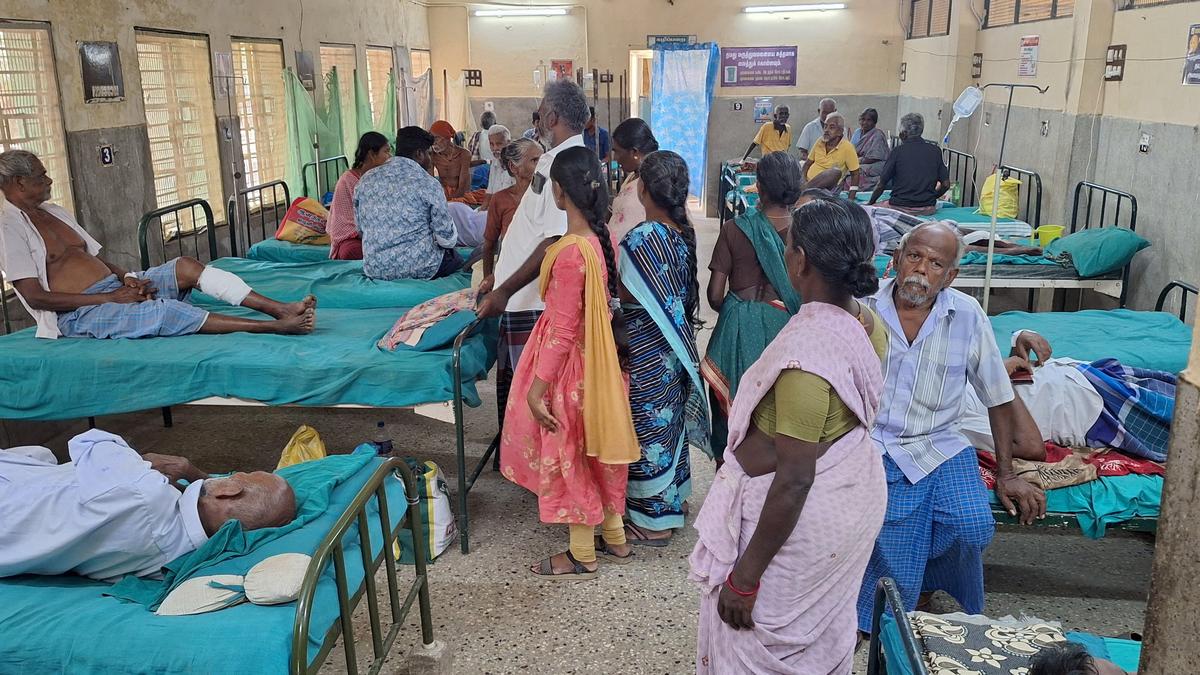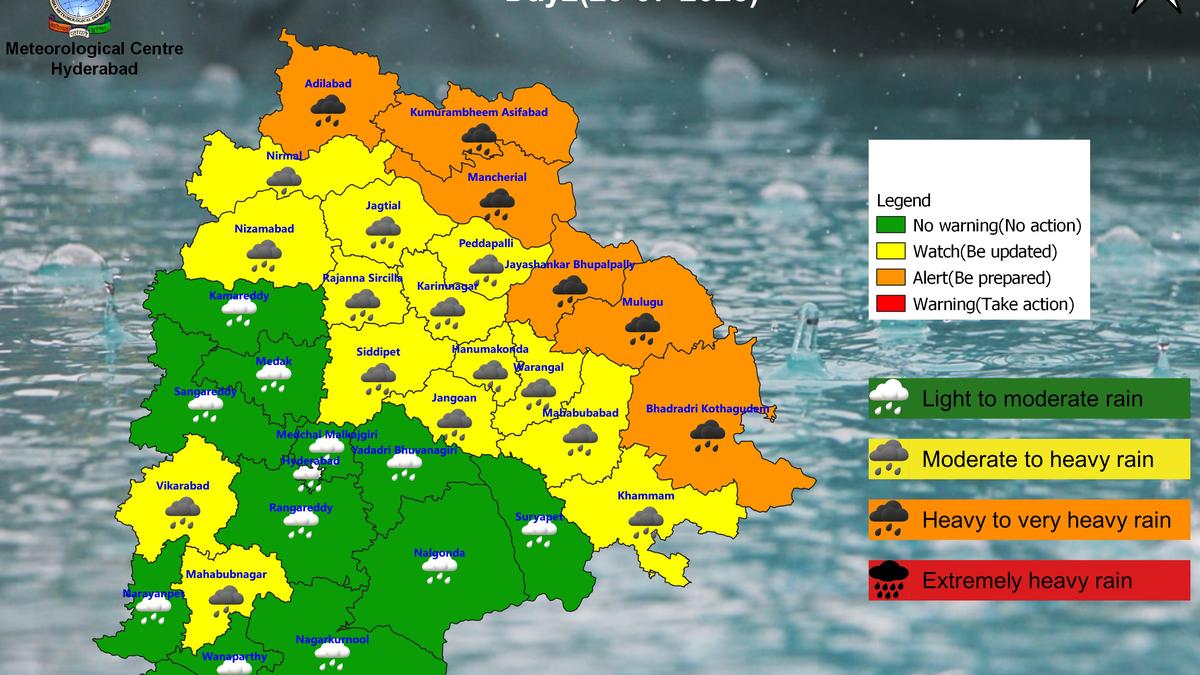Now Reading: India Logs Over 37 Lakh Dog Bite Cases, 54 Rabies Deaths in 2024: Govt Report to Lok Sabha
-
01
India Logs Over 37 Lakh Dog Bite Cases, 54 Rabies Deaths in 2024: Govt Report to Lok Sabha
India Logs Over 37 Lakh Dog Bite Cases, 54 Rabies Deaths in 2024: Govt Report to Lok Sabha

Speedy Summary
- Dog bite Cases and Rabies Deaths:
– Over 37 lakh cases of dog bites and 54 suspected human rabies deaths were reported in India during 2024.
– Data was collected under the National Rabies Control Program by the National Center for Disease Control (NCDC).
- Government initiatives:
– Municipalities regulate stray dog populations using the Animal Birth Control Program, focusing on neutering and anti-rabies vaccination.- The Centre notified new Animal Birth Control (ABC) Rules, 2023, under the Prevention of Cruelty to Animals Act, encouraging state-level implementation.
- Local Efforts:
– An advisory was issued in November 2024,urging states to enforce ABC programs through local bodies for child safety from stray dogs.
– The Animal Welfare Board of India (AWBI) sent out advisories addressing complaints around feeding community animals; over a year period (2024-June ’25), AWBI issued about 166 letters to Resident Welfare Associations or local bodies.
Indian Opinion Analysis
The alarming numbers from India’s rabies data underscore a pressing public health challenge that needs immediate attention. With over three million recorded dog bite incidents and dozens of suspected rabies deaths annually, proactive measures are critical both for controlling canine populations and mitigating risks to humans. The government’s emphasis on localized implementations through municipalities underlines the practical role urban governance can play in addressing such problems sustainably. Furthermore, initiatives like neutering programs combined with anti-rabies vaccinations-mandated by updated ABC rules-are steps toward managing resource-efficient population control while ensuring animal welfare.
Though, effective execution might hinge on coordinated approaches between central policies and grassroots enforcement within states/UTs. Civic engagement also plays an important role; balancing humane treatment of strays with community security will require striving towards long-term behavioral shifts among citizens alongside robust law enforcement solutions.
For further details: Read more






















